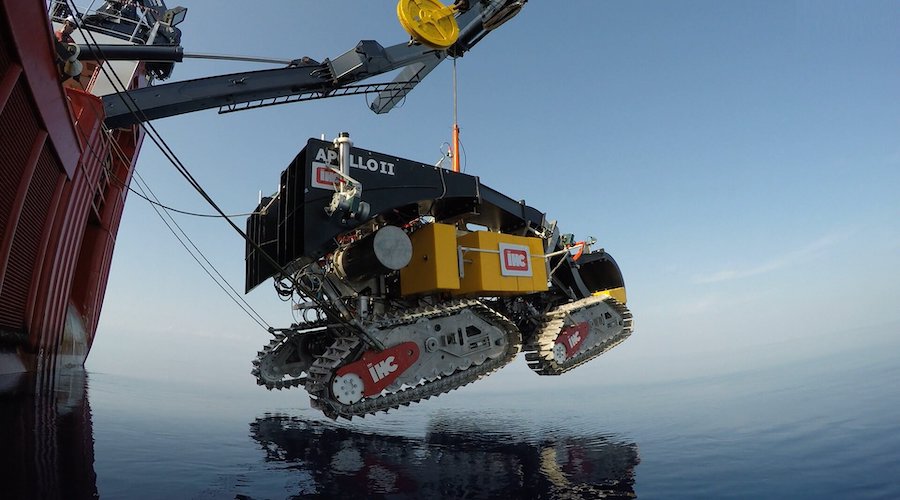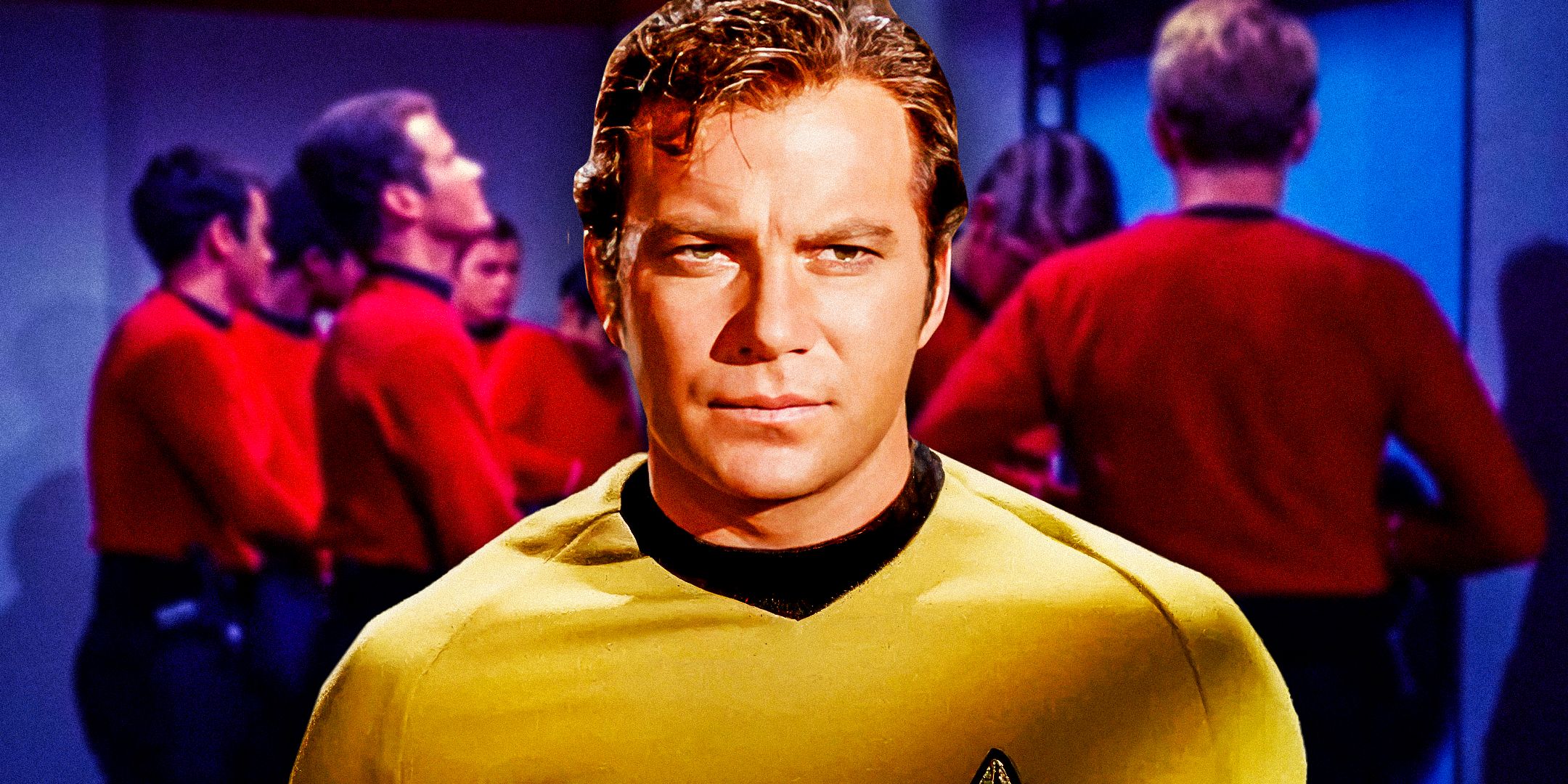World
Unveiling Ocean Mysteries: Dr. Sarah Hu’s Quest to Decode The Microbial World Beneath The Waves

Hu’s exploration takes her to the mysterious world of deep-sea hydrothermal vents, which are cracks in the ocean floor emitting geothermally heated water. These vents create habitats that support rich and distinct ecosystems. In contrast to surface environments, the deep-sea ecosystems are devoid of sunlight, yet they harbor a vibrant abundance of life. This is made possible by chemosynthetic microorganisms, or chemical-eating microbes, that convert chemicals into energy, serving as the foundational producers of the ecosystem.
A “black smoker” mid-ocean ridge hydrothermal vent in the Atlantic Ocean.
OAR/National Undersea Research Program (NURP)/NOAA
“These hydrothermal vent sites are akin to oases in the desert of the deep sea, supporting a remarkable diversity of life fueled by chemosynthetic microorganisms,” Hu said.
One goal of Hu’s research is to determine how microbial eukaryotes eat other microbial prey using grazing experiments. Essentially, Hu and her team create a buffet for tiny sea creatures to observe their eating preferences. They carefully prepare various types of food for these organisms and monitor how much they consume and how quickly. Through these experiments, Hu and her team gain insights into the diets and behaviors of these sea creatures, aiding in their understanding of energy flow in ocean ecosystems.
“Our grazing experiments offer a glimpse into one of the many intricate interactions between microorganisms, allowing us to better understand the flow of energy within marine ecosystems,” Hu adds.
Hu’s research, which is supported by funding from the National Science Foundation and conducted in close collaboration with scientists at the Woods Hole Oceanographic Institution, is at the forefront of marine science, pushing the boundaries of knowledge and innovation.
“Collaboration is key to advancing our understanding of the ocean,” Hu says. “By working together, we can tackle complex scientific challenges and make meaningful contributions to our understanding of marine ecosystems.”
Beyond her research pursuits, Hu is deeply committed to education, imparting her passion for oceanography to both undergraduate and graduate students at Texas A&M. Through courses such as “The Blue Planet” and “Scientific Writing,” she collaborates with students to foster a greater understanding of the ocean’s significance in shaping our planet, while also empowering the future wave of oceanographers.
“Education is about inspiring curiosity and fostering a deeper understanding of the natural world,” Hu says. “Through teaching, we empower the next generation of scientists to make a positive impact.”







:quality(70):focal(1012x1929:1022x1939)/cloudfront-us-east-1.images.arcpublishing.com/shawmedia/RKEBJRHK55G5DOPONM3AKK7H4M.jpg)

.jpg;w=1200;h=800;mode=crop)
